Re: Nagorno-Karabagh: Military Balance Between Armenia & Azerbaijan
Eurasianet: Nagorno-Karabakh: Who won the Media War?
YEREVAN, APRIL 19, ARMENPRESS. Robin Forestier-Walker, who is a freelance journalist based in Tbilisi, wrote a long article entitled “Nagorno Karabakh: Who won the media war?” where he spoke about the difficulties of journalists faced in Azerbaijan and the media war between the Armenian-Azerbaijani opposing forces in the line of contact during the 4-day war. As “Armenpress” reports citing Eurasianet.org news site, the author of the article stated that the abilities of journalists to cover the conflict depended on which part of the border they were working.
The author notes that many foreign journalists were able to enter Karabakh via Armenia unhindered and quickly obtain accreditation upon arrival in the main city, Stepanakert. Local de facto officials held daily press briefings, including question and answer sessions. Armenia’s public television station offered free satellite link-ups and journalists were able to travel independently in civilian vehicles outside the frontline areas. “Each morning, de-facto Karabakhi defense and local officials offered reporters escorted trips to frontline villages, such as Talish or Martuni” the journalist writes.
On the other side of the divide, journalists found it tougher going. Azerbaijan maintains a strict policy of controlling media access, especially to areas close to the frontlines. “It also has a history of denying visas to journalists who previously have traveled without Baku’s consent to Karabakh”, the author says.
The author of the article notes that Azerbaijan boasts considerable experience hosting international media spectaculars. Yet, a representative of one international media outlet who managed to cover the conflict from the Azerbaijani side found the government’s press management skills during the Karabakh flare-up to be lacking. Speaking to EurasiaNet.org on condition of anonymity, the journalist described a grueling, rapid-fire press tour that took journalists from Baku to the frontline as “shambolic.”
“The international journalists there found themselves being filmed as much as doing the filming,”. “Azerbaijani TV crews were making a story about us,” the journalist said
Daylight was fading by the time cameramen stopped filming at the first location, he continued. “And by the time we'd driven two or more hours to the next place, it was pitch black. Not great for TV cameras,” the journalist told.
The author also stated that some journalists who entered Azerbaijan were detained or deported. "For intsnace, security officials in Azerbaijan held and questioned a television crew from Georgia’s Rustavi2 for several hours because they did not have accreditation. After intervention by Georgian and Azerbaijani diplomats, the crew was able to continue reporting. A group from Russia’s LifeNews channel was expelled for lack of accreditation and allegedly spreading claims, also featured in Armenian media, that Azerbaijan was using Islamic State terrorists against Armenian and Karabakhi forces” the author of the article says.
Eurasianet: Nagorno-Karabakh: Who won the Media War?
YEREVAN, APRIL 19, ARMENPRESS. Robin Forestier-Walker, who is a freelance journalist based in Tbilisi, wrote a long article entitled “Nagorno Karabakh: Who won the media war?” where he spoke about the difficulties of journalists faced in Azerbaijan and the media war between the Armenian-Azerbaijani opposing forces in the line of contact during the 4-day war. As “Armenpress” reports citing Eurasianet.org news site, the author of the article stated that the abilities of journalists to cover the conflict depended on which part of the border they were working.
The author notes that many foreign journalists were able to enter Karabakh via Armenia unhindered and quickly obtain accreditation upon arrival in the main city, Stepanakert. Local de facto officials held daily press briefings, including question and answer sessions. Armenia’s public television station offered free satellite link-ups and journalists were able to travel independently in civilian vehicles outside the frontline areas. “Each morning, de-facto Karabakhi defense and local officials offered reporters escorted trips to frontline villages, such as Talish or Martuni” the journalist writes.
On the other side of the divide, journalists found it tougher going. Azerbaijan maintains a strict policy of controlling media access, especially to areas close to the frontlines. “It also has a history of denying visas to journalists who previously have traveled without Baku’s consent to Karabakh”, the author says.
The author of the article notes that Azerbaijan boasts considerable experience hosting international media spectaculars. Yet, a representative of one international media outlet who managed to cover the conflict from the Azerbaijani side found the government’s press management skills during the Karabakh flare-up to be lacking. Speaking to EurasiaNet.org on condition of anonymity, the journalist described a grueling, rapid-fire press tour that took journalists from Baku to the frontline as “shambolic.”
“The international journalists there found themselves being filmed as much as doing the filming,”. “Azerbaijani TV crews were making a story about us,” the journalist said
Daylight was fading by the time cameramen stopped filming at the first location, he continued. “And by the time we'd driven two or more hours to the next place, it was pitch black. Not great for TV cameras,” the journalist told.
The author also stated that some journalists who entered Azerbaijan were detained or deported. "For intsnace, security officials in Azerbaijan held and questioned a television crew from Georgia’s Rustavi2 for several hours because they did not have accreditation. After intervention by Georgian and Azerbaijani diplomats, the crew was able to continue reporting. A group from Russia’s LifeNews channel was expelled for lack of accreditation and allegedly spreading claims, also featured in Armenian media, that Azerbaijan was using Islamic State terrorists against Armenian and Karabakhi forces” the author of the article says.





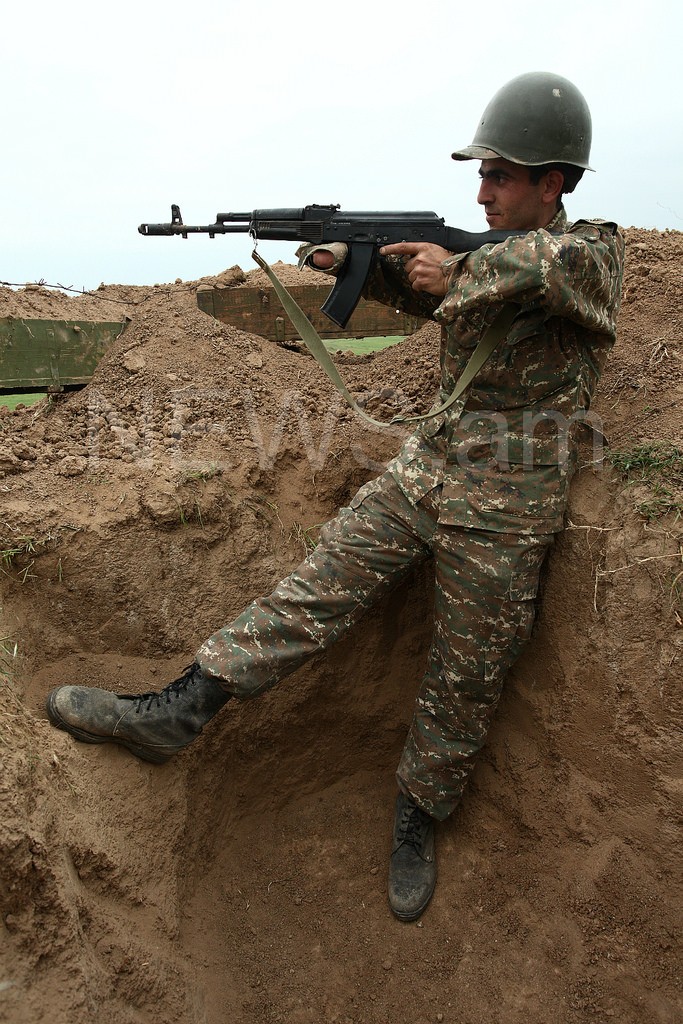
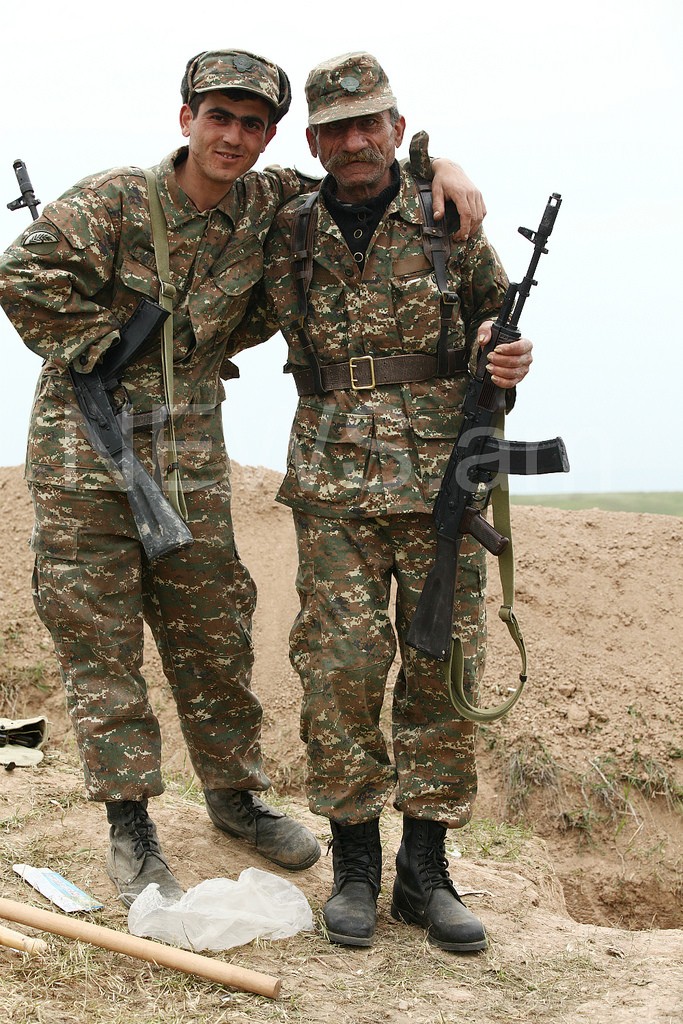
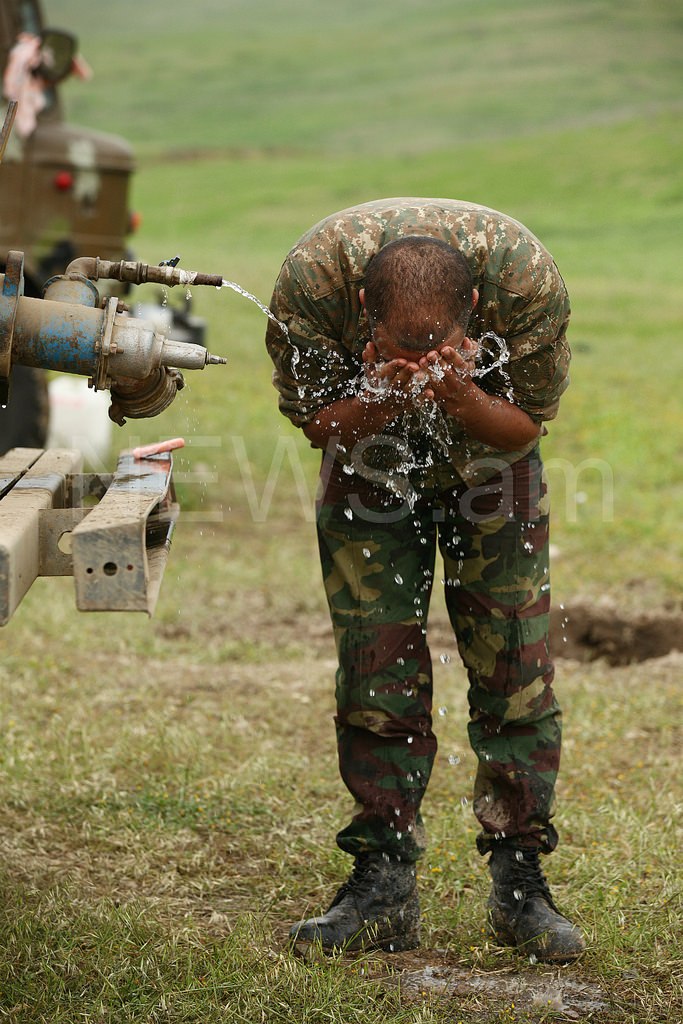
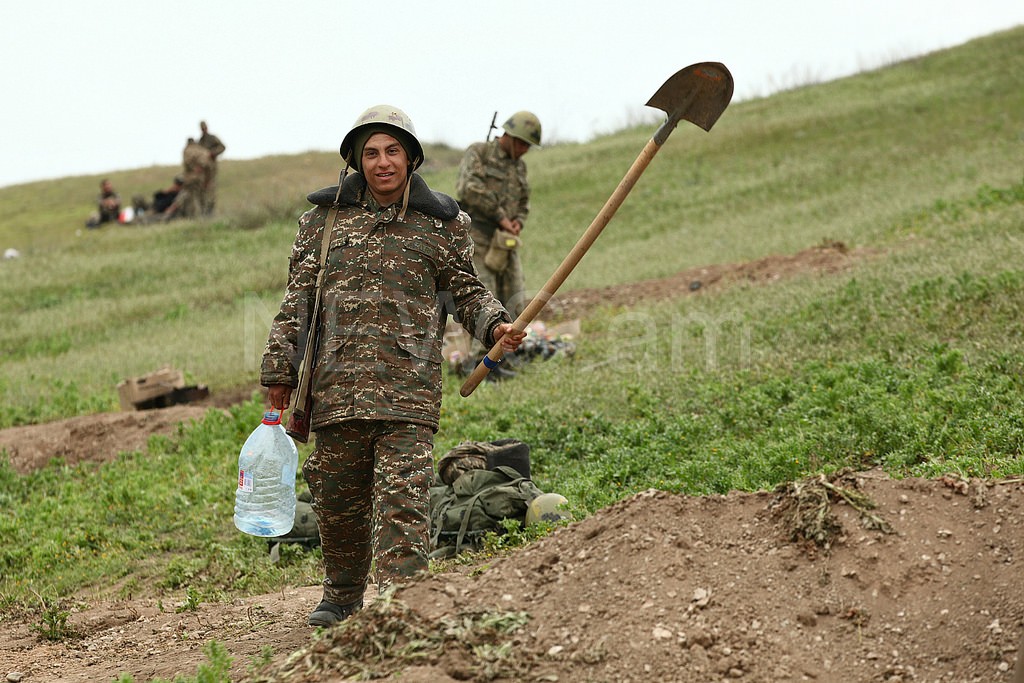
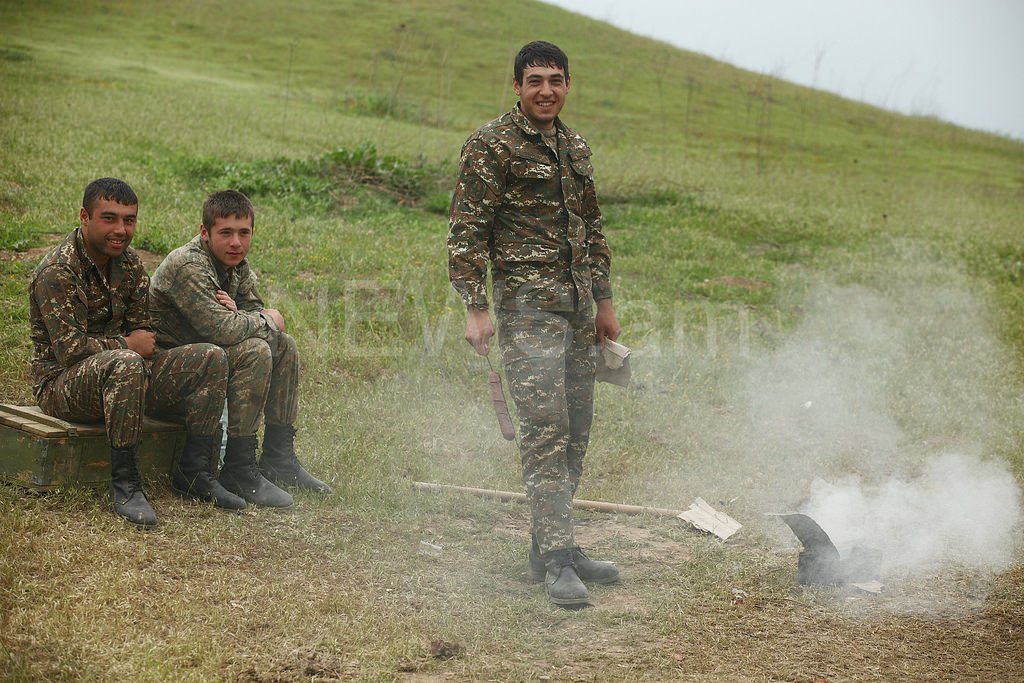
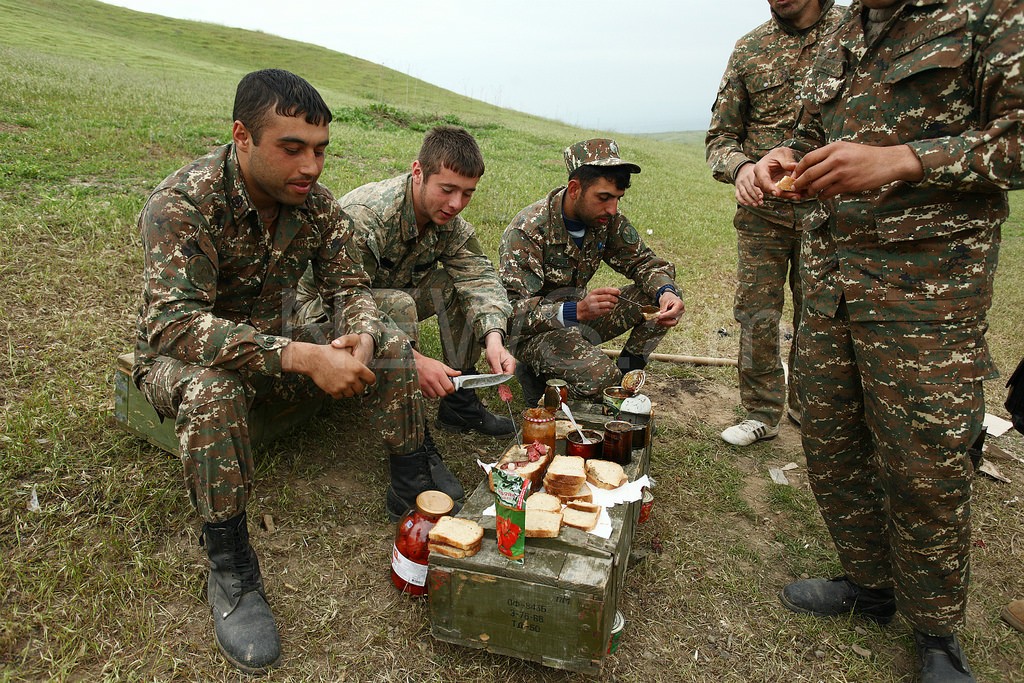

 ,I'm also sure he saw aliyev riding a unicorn with Stalin tailgating him lmao
,I'm also sure he saw aliyev riding a unicorn with Stalin tailgating him lmao


Comment